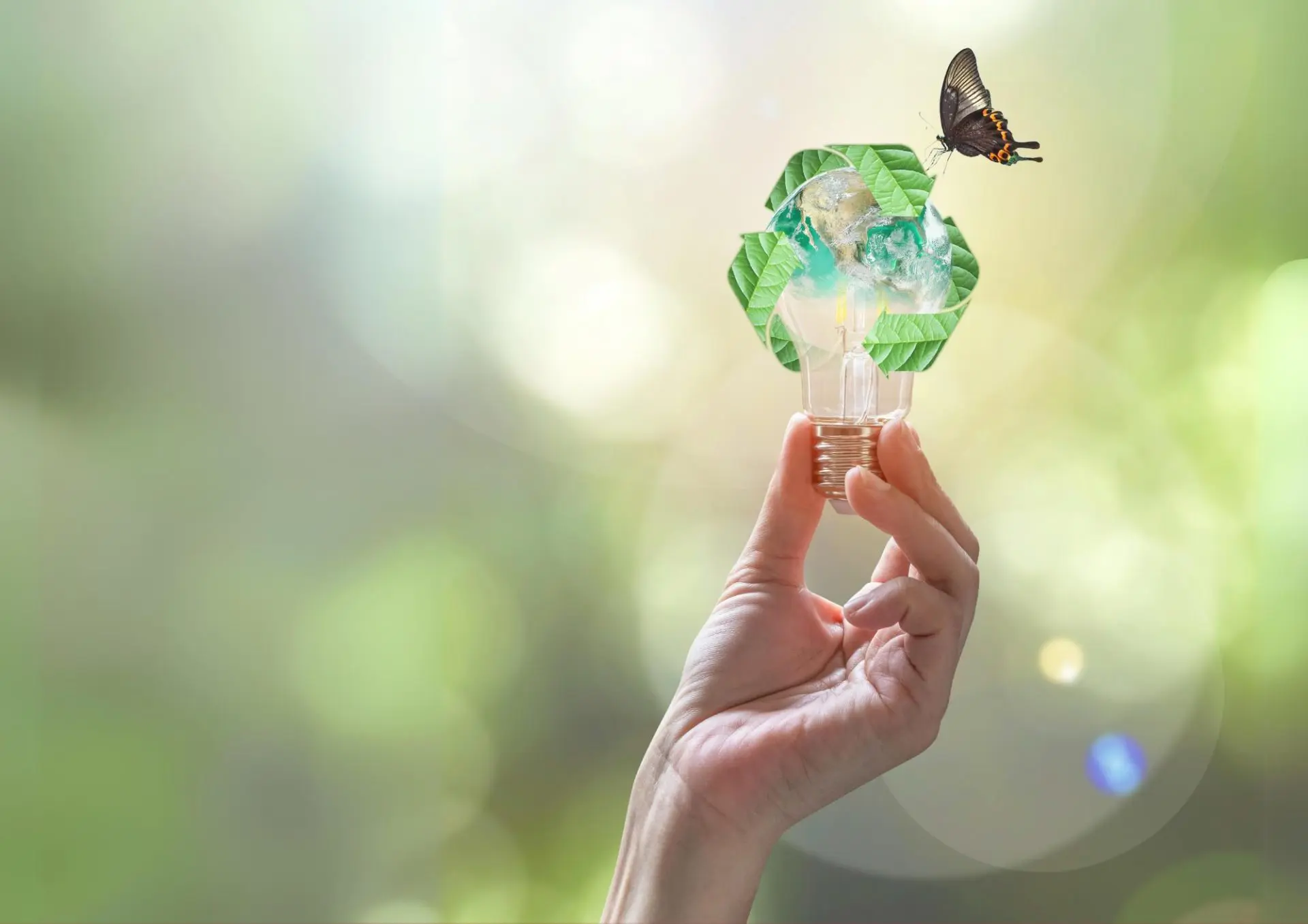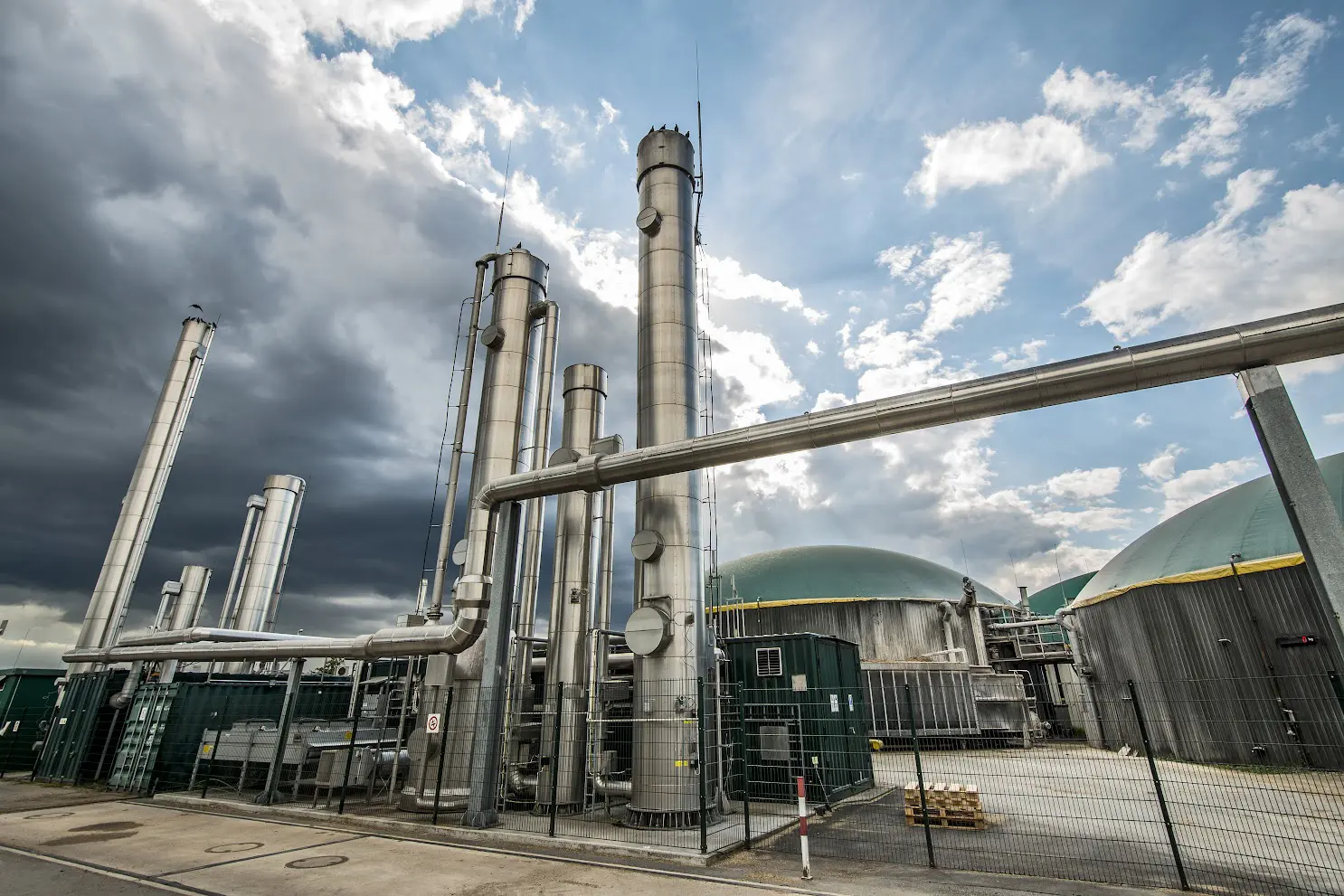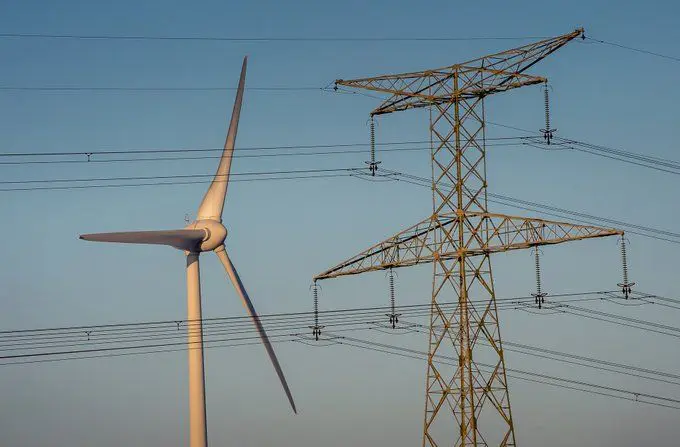Un régime d’aides de 300 millions d’euros pour les Combustibles solides de récupération (CSR) #2

Converting waste into renewable energy sources
Solid recovered fuels come from processing non-recyclable waste. These are pre-crushed, then sorted to eliminate non-compliant materials. The result is then compacted into pellets, ensuring efficient combustion. This key stage converts waste into energy, thereby promoting sustainable resource management. However, certain materials such as PVC, metals, minerals, rubble, and liquid waste, are not suitable for conversion into SRF.
Used in pyrolysis, incineration, co-incineration or gasification plants, SRF represents an excellent route to energy recovery.
The ADEME grant scheme
The French government, through ADEME, has launched a €300 million aid program in the form of direct subsidies to encourage the use of SRF. This initiative is in line with the objectives of the French Energy Transition Law, which aims to reduce landfill waste by 50% by 2025. Moreover, this financial support aligns with the goals of the Green Pact industrial plan, launched in early 2023, which aims to achieve carbon neutrality in European industry.
Who can benefit?
New facilities, or those expanding their SRF production capacity, will be eligible for this aid scheme provided that at least 50% of their fuel comes from renewable waste sources.
Why choose solid recovered fuels?
SRF represent an attractive energy resource for heat-consuming industries. They meet a large proportion of energy needs, while reducing costs and carbon emissions. With energy that is up to 80% renewable, SRF help position companies as leaders in the circular economy and the fight against climate change. What’s more, the use of SRF gives rise to significant financial advantages, such as exemption from the TGAP (general tax on polluting activities).
Therefore, adopting SRF is not only a sound economic choice, it’s also a strong commitment to environmental protection and the promotion of green energy.
At E’nergys, we make a point of supporting our customers at every stage of their energy projects. Our teams also take care of all the formalities involved in obtaining grants and other subsidies.




